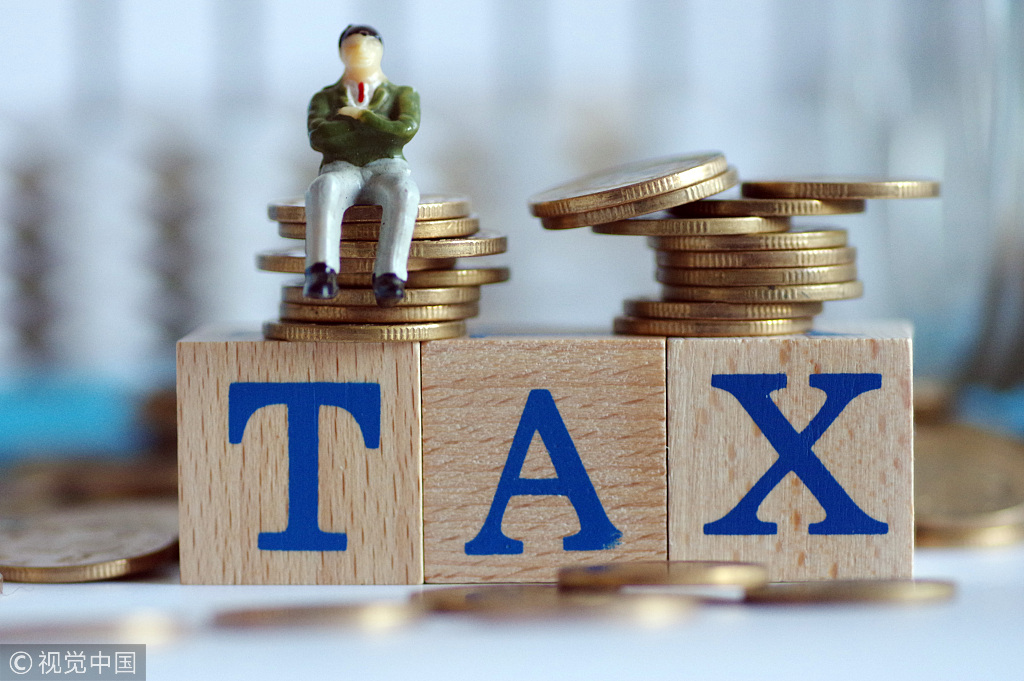Expense deductions introduced to income tax


As the new threshold of personal income tax, raised from 3,500 to 5,000 yuan per month, is set to take effect on Oct 1, the State Council said on Thursday it will also hurry to set a clear scope and standards for six special expense deductions to ensure the threshold is significantly higher than 5,000 yuan, according to a report by China Business News.
The special expense deductions, having been introduced to China's individual income tax system as an amendment to the Personal Income Tax Law, was passed by China's top legislature on August 31. They include children's education, continuing education, treatment for serious diseases, housing loan interest and rent, as well as caring for the elderly.
The whole amendment will come into force on Jan 1.
The State Council said the scope and standard of the special expense deduction will be implemented on Jan 1 after a period of public consultation, and will be adjusted dynamically with the development of the economy and the improvement of living standard.
Chen Lihua, vice finance minister, said at a news conference on Aug 31 the government has preliminarily considered setting a certain quota or standard for the special expense deduction in order to ensure taxpayers pay tax conveniently, relevant expenses get deducted reasonably and the policy is fair, so the taxpayers can enjoy the benefits of tax reduction, the report said.
To promote the smooth implementation of the special expense deduction next year and by drawing from the experience of other countries, at the current stage it is possible for specific deduction standards or quotas to adopt a "double track" of fixed amounts and fixed proportion limits, Zhu Jinhua, a partner in international assignment services at PwC China, said.
Zhu said the fixed amount could apply to deductions for continuing education and caring for the elderly, while fixed proportion limits could apply to the deduction items that may differ due to different income levels and consumption structures of taxpayers, such as children's education, treatment for serious diseases and housing loan interest and rent.




































